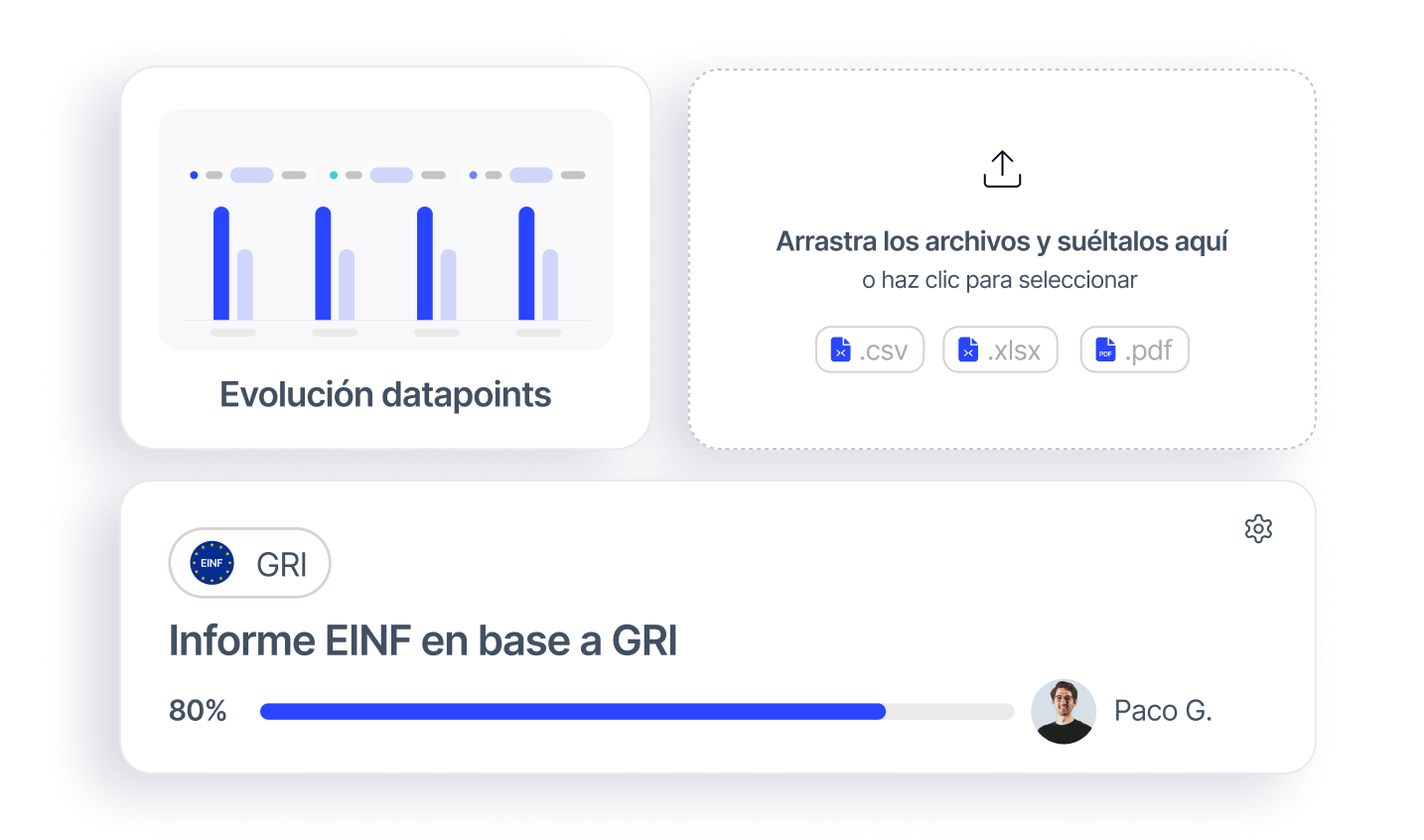Dcycle is Certified by TÜV Rheinland.


We are very excited to share that we have obtained the TÜV Rheinland certification, which validates that our software accomplishes its goal for measuring the carbon footprint according to the ISO 14064, for Scope 1, 2 and 3.
As an environmental management software we measure the carbon footprint within the standards to assure our customers reliable information so they can share their efforts with stakeholders.
TÜV Rheinland is the most recognized quality certification worldwide, which ensures that a product, service or process has been tested for safety and it complies with national and international regulations.
Achieving this certification means that the product has attained the requirements for safety, quality and sustainability. This gives resellers, partners and consumers the confidence to use the product.
Dcycle’s software, helps companies take control of their environmental impact to build a plan for improving processes to optimize resources and ensure the growth of the company. The software is an All-in-one Sustainability Solution where companies can measure, reduce - offset and communicate their sustainable efforts.
Dcycle's clients can:
With the objective of improving brand image, increasing profitability, and to access new markets and funding.
To complement their sustainability initiatives, companies can also strengthen their quality and process management systems by implementing ISO 9001 software.
This type of tool helps standardize procedures, improve operational efficiency, and ensure full compliance with internationally recognized quality standards, reinforcing overall organizational performance.
To strengthen ESG compliance and align sustainability reporting with European frameworks, companies can also explore EU Taxonomy software, a solution designed to ensure consistency between environmental data, regulatory requirements, and strategic decision-making.
Carbon footprint calculation analyzes all emissions generated throughout a product’s life cycle, including raw material extraction, production, transportation, usage, and disposal.
The most recognized methodologies are:
Digital tools like Dcycle simplify the process, providing accurate and actionable insights.
Some strategies require initial investment, but long-term benefits outweigh costs.
Investing in carbon reduction is not just an environmental action, it’s a smart business strategy.
